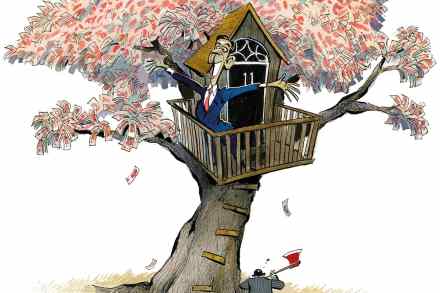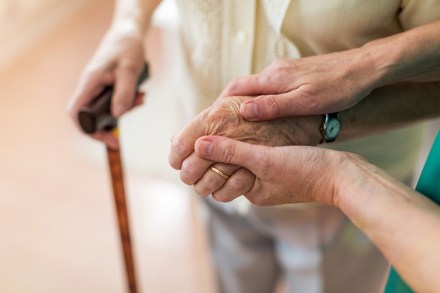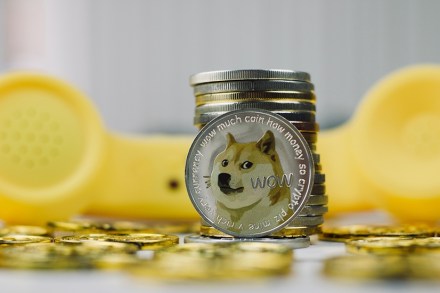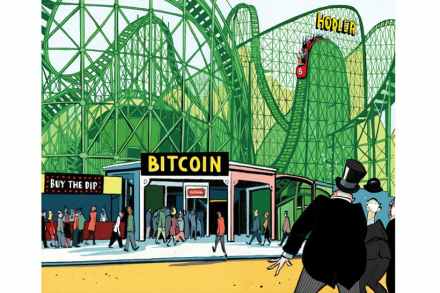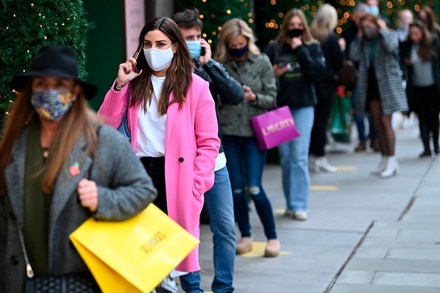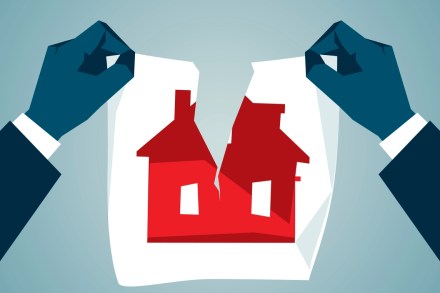Green bonds offer nothing but virtue-pleasing
Would you touch a ‘green gilt’ issued by the government, with an interest rate of just 0.87 per cent? Some people, apparently, would. The Treasury announced yesterday that it had shifted the first £10 billion tranche of ‘green gilts’ to raise finance for projects such as zero-carbon buses, wind farms and other green things. Indeed, the bond – which matures in 2033 – was ten times oversubscribed. The government had already planned to issue a further £5 billion, and might now be encouraged to issue far more. Green gilts are just more government borrowing, rebranded to make lending to the government look virtuous With the government’s preferred measure of inflation,
